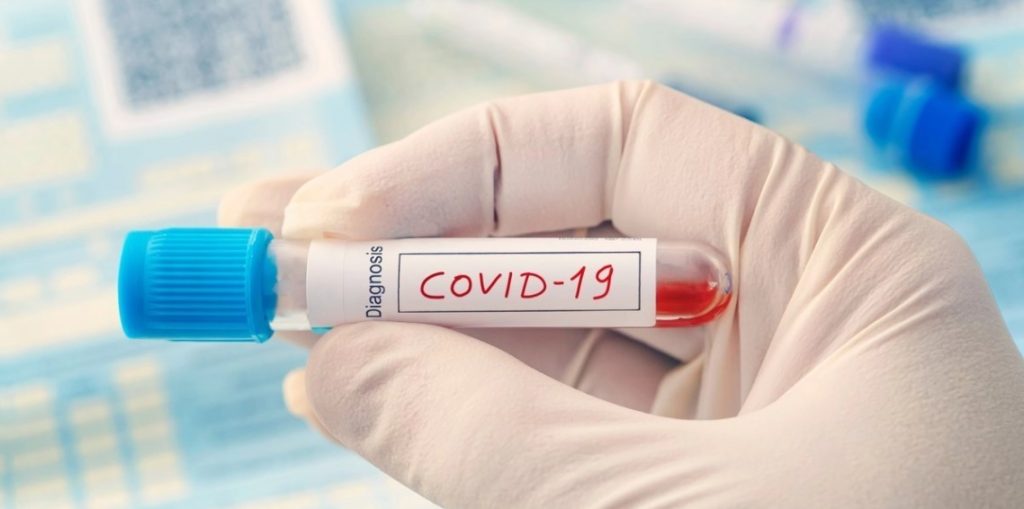Widespread Insomnia Identified as Post-COVID Complication, Study Finds.
Others are reading now
A recent study led by Dr. Huong Hoang from Phenikaa University in Vietnam has highlighted a significant aftermath of COVID-19: a widespread occurrence of insomnia among those who have contracted the virus, including those with mild cases treated at home.
Published in the journal Frontiers in Public Health, this research draws attention to the extensive impact of post-COVID-19 complications on sleep patterns, affecting individuals regardless of the severity of their infection.
Insights from the Study
The study meticulously analyzed responses from 1,056 individuals over the age of 18 who had experienced a mild SARS-CoV-2 infection within the past six months, necessitating no hospital stay. Remarkably, none of the participants had a history of insomnia or mental disorders prior to contracting the virus.
The findings revealed that a staggering 76 percent of participants reported symptoms of insomnia, with nearly 23 percent experiencing severe cases. Additionally, half of the respondents noted more frequent nighttime awakenings, while a third reported increased difficulty in falling asleep, poorer sleep quality, and reduced sleep duration.
Also read
Severity of COVID-19 vs. Insomnia
Interestingly, the study found that the severity of COVID-19 did not directly influence the severity of insomnia, even among asymptomatic patients. This suggests that the sleep disorder’s prevalence is largely independent of how intensely the virus affected individuals.
Contributing Factors
Insomnia appeared more frequently among two specific groups: those with chronic diseases and those exhibiting symptoms of depression or anxiety. This correlation underscores the intertwined nature of physical and mental health with sleep quality.
Dr. Hoang’s Recommendations
Addressing this concern, Dr. Hoang advises against normalizing post-COVID-19 insomnia. For those mildly affected by sleep disturbances, she suggests simple lifestyle adjustments such as taking warm showers before bed, limiting phone use, engaging in daily exercise, and avoiding caffeine in the afternoon. For more severe cases that significantly impact daily life, Dr. Hoang recommends seeking over-the-counter sleep aids and consulting healthcare professionals if these measures prove ineffective.

